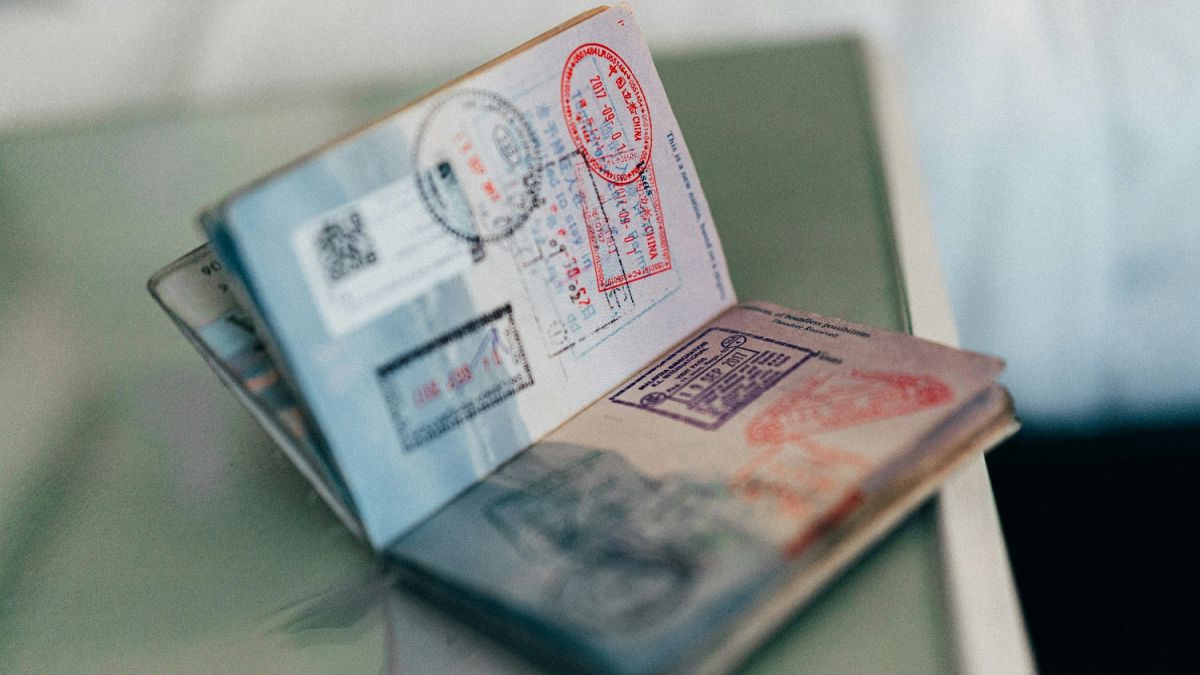Unlike with other passport rankings, the Nomad Passport Index (NPI) focuses on wider criteria, including global perception and personal freedom within a particular country.
Digital nomadism has shot up in popularity recently. While many destinations have simple citizenship requirements in place, the country a person hails from can still significantly impact their travel opportunities.
That has a knock-on effect on passports too – and, now, you can find out exactly how nomad-friendly your own travel documents are.
This year’s annual ranking by Nomad Capitalist, a company which aims to ‘maximise freedom’, has been released.
Unlike the Henley Passport Index which ranks the world’s most powerful passports and uses International Air Transport Association data, the Nomad Passport Index (NPI) takes a different approach.
They look at 199 global passports and how they fare in terms of visa-free travel, global perception and taxation of citizens. The ranking also focuses on dual citizenship and personal freedom.
Which passports are the best and worst in the world according to the index?
It’s good news for much of Europe, with eight of the continent’s nations claiming spots in the top 10.
Switzerland came in first, with Ireland and Portugal following close behind in second and third places respectively.
Luxembourg and Finland came next, followed by the United Arab Emirates. Then the Netherlands, Norway and Germany with New Zealand rounding out the list.
Holders of these passports can make the most of visa-free travel to a majority of countries around the world as well as be more likely to be accepted by their adopted homes.
Outside of the top ten, the NPI says Bulgaria is one to watch for future rankings.
The Balkan nation has seen its passport rise from 42nd in the index to 32nd in just two years. That’s likely largely down to its entrance into Europe’s Schengen zone which is set to go ahead later this month.
European countries, starting with Iceland, Italy and Greece, also make up numbers 11 to 26 on the list, with only Singapore pipping others to the 27th position.
At the other end of the spectrum, the bottom-ranking nations out of the 199 citizenships were much the same as those on Henley’s passport index.
Afghanistan came in last, followed by nearby Iraq, Yemen and Eritrea.
What makes a passport ‘good’ or ‘bad’?
Nomad Capitalist has revealed, in more depth, exactly how the rankings are worked out.
Their index analyses five criteria, all of which carry different statistical weight.
The ability to undertake visa-free travel makes up 50 per cent of the score, with taxation coming in at 20 per cent.
Next are global perception, ability to hold dual citizenship and personal freedom – which encompasses the likes of freedom of the press and mandatory military service – all holding 10 per cent of the overall outcome.
Explaining their workings, Nomad Capitalist say: “While most indices – and most people – think of a passport only in terms of travel privileges, Nomad Capitalist recognises that citizens of different countries deal with various requirements to pay taxes, comply with regulations, live freely, and avoid scrutiny when travelling.”
